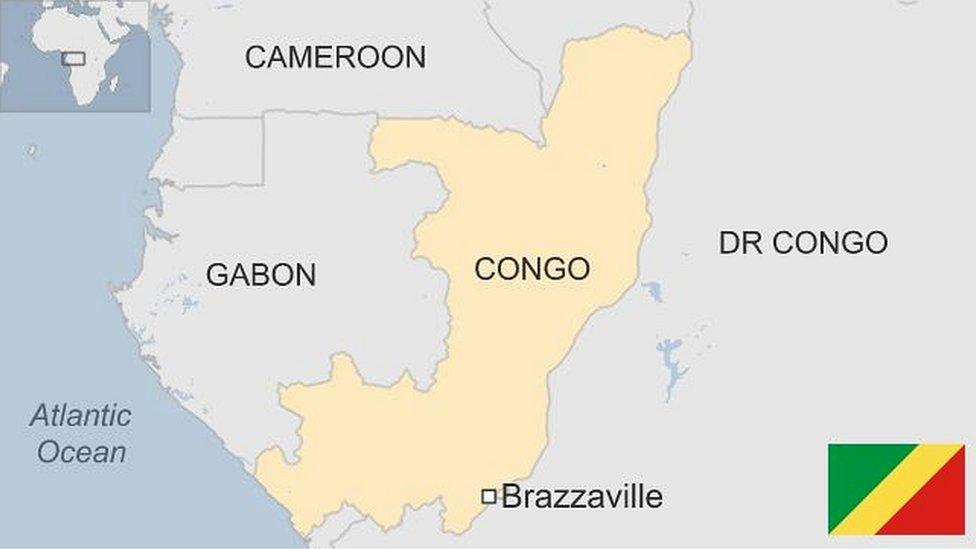Central African Republic country profile
- Published
This page is no longer being updated. It was last updated on 22 August 2023
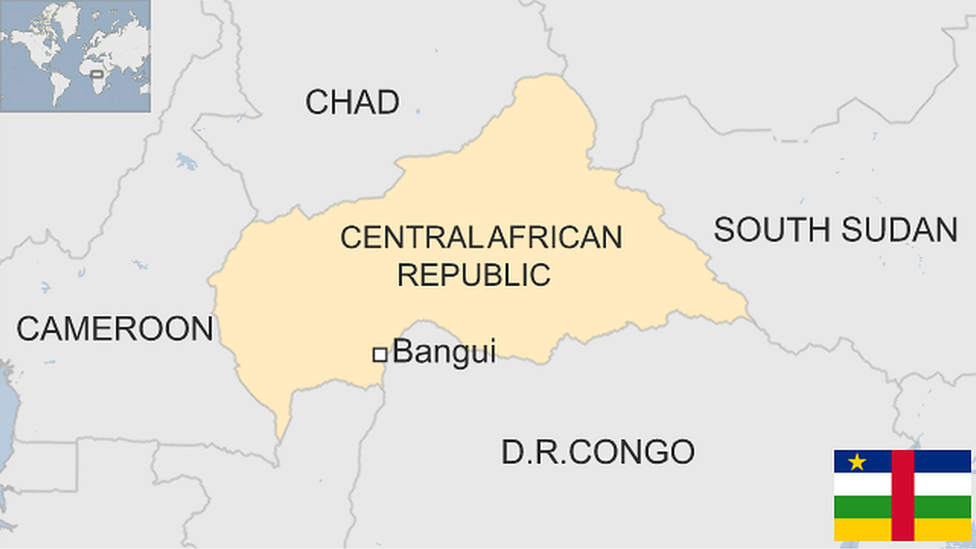
The Central African Republic (CAR) has been almost continuously unstable since independence from France in 1960.
It is rich in diamonds, gold, oil and uranium, but has one of the world's poorest populations.
It was plunged into turmoil in 2013 when Muslim rebels from the Seleka umbrella group seized power. A band of mostly Christian militias, called the anti-Balaka, rose up to counter the Seleka.
Seleka handed power to a transitional government in 2014 under international pressure, but the country remains in turmoil.
Critics say President Toudera's government is supported by Russian Wagner Group mercenaries and Rwandan forces in its fight against rebel groups, in exchange for exploiting CAR resources.
Read more country profiles, external - Profiles by BBC Monitoring, external
CENTRAL AFRICAN REPUBLIC: FACTS
Capital: Bangui
Area: 622,984 sq km
Population: 5.4 million
Languages: French, Sango
Life expectancy: 53 years (men) 57 years (women)
LEADERS
President: Faustin-Archange Touadera
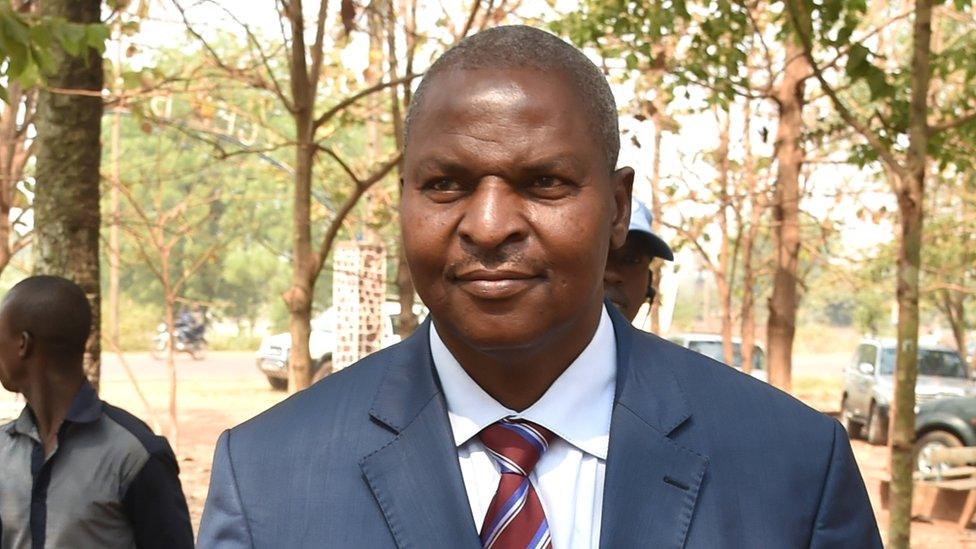
Faustin-Archange Touadera, a former prime minister and maths professor, was declared the winner of a presidential election in February 2016.
He campaigned as a peacemaker who could bridge the religious divide, and won re-election in 2020, but his government controls only part of the country, and rebel groups challenge his authority.
In August 2023, the country's top court approved the outcome of a July referendum, increasing the length of a presidential term to seven years and removing limits on re-election.
The country's main opposition parties and civil society groups had urged a boycott of the vote, saying the changes are designed to keep President Touadéra in power for life.
MEDIA
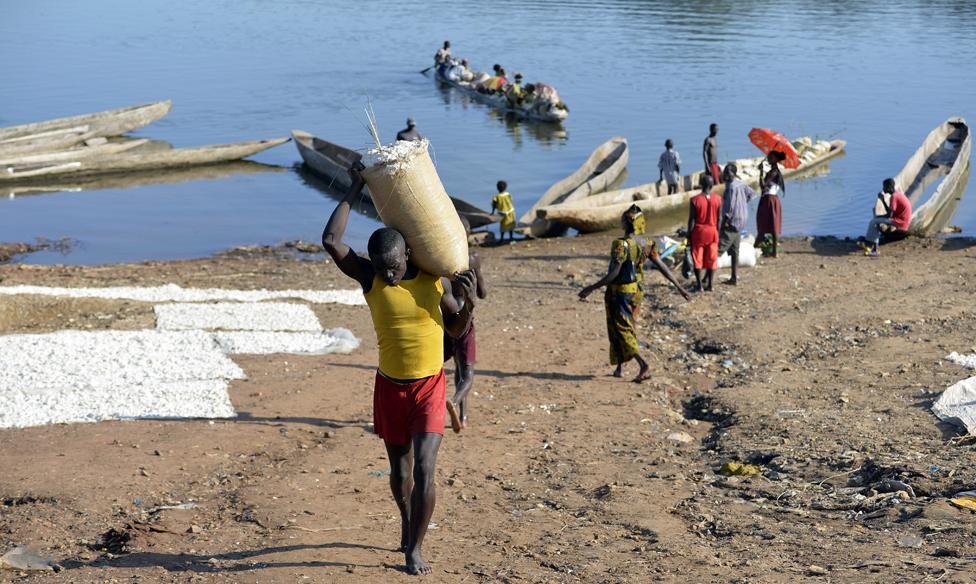
The Central African Republic has great agricultural potential as well as plentiful mineral resources, including diamonds
Reporters and media organisations are caught between armed groups and the authorities. Persistent conflict has hampered media development. Officials and armed groups have targeted journalists and media outlets.
There is little support for independent journalism and media outlets are increasingly aligned with national politicians and foreign governments - especially Russia - says NGO Freedom House.
Radio is the most popular medium. The media consist largely of low-circulation newspapers and "often-isolated" radio stations, says Reporters Without Borders (RSF).
TIMELINE
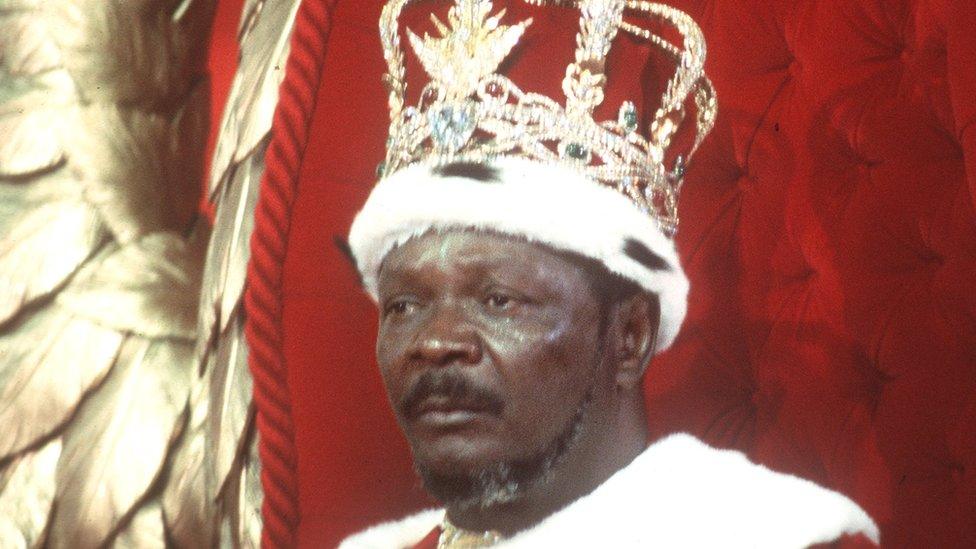
Emperor Jean-Bedel Bokassa was said to be one of the continent's most brutal dictators
Some key dates in the history of the Central African Republic:
1880s - France annexes the area, partitions it among commercial concessionaires.
1894 - France sets up a dependency in the area called Ubangi-Chari and partitions it among commercial concessionaires.
1910 - Ubangi-Chari becomes part of the Federation of French Equatorial Africa.
1920-30 - Indigenous Africans stage violent protests against abuses by concessionaires.
1946 - The territory is given its own assembly and representation in the French parliament; Barthelemy Boganda, founder of the pro-independence Social Evolution Movement of Black Africa becomes the first central African to be elected to the French parliament.
1958 - The territory achieves self-government within French Equatorial Africa with Boganda as prime minister.
1959 - Boganda dies.
1960 - The Central African Republic becomes independent with David Dacko as president. He turns it into a one-party state.
1965 - Dacko ousted by the army commander, Jean-Bedel Bokassa, as the country faces bankruptcy and a threatened nationwide strike.
1972 - Bokassa declares himself president for life.
1976 - Bokassa proclaims himself emperor and renames the country the "Central African Empire".
1979 - Bokassa ousted in a coup led by David Dacko and backed by French troops after widespread protests in which many school children were arrested and massacred while in detention.
1993 - Ange-Felix Patasse wins presidential elections, ending 12 years of military rule.
2003 - Rebel leader and former army commander Francois Bozize seizes power.
2012 - New Seleka rebel coalition rapidly overruns north and centre of country, and eventually the capital.
2013 - Seleka rebels overrun the capital and seize power in a coup. President Bozize flees.
With turmoil continuing in the country and rival Muslim and Christian fighters accused of killing hundreds, France steps up its deployment of troops in a bid to disarm the militias.
2014 - UN Security Council authorises a peacekeeping force of 12,000 troops; UN takes over and augments African Union peacekeeping mission, renamed Minusca.
2015 - Referendum on constitutional changes lead to presidential election.
2017 - Uganda withdraws its forces from CAR where it has been fighting the Lord's Resistance Army for five years.
2020 - President Touadera wins re-election. But with large parts of the CAR controlled by armed groups, the election cannot be carried out in many areas.
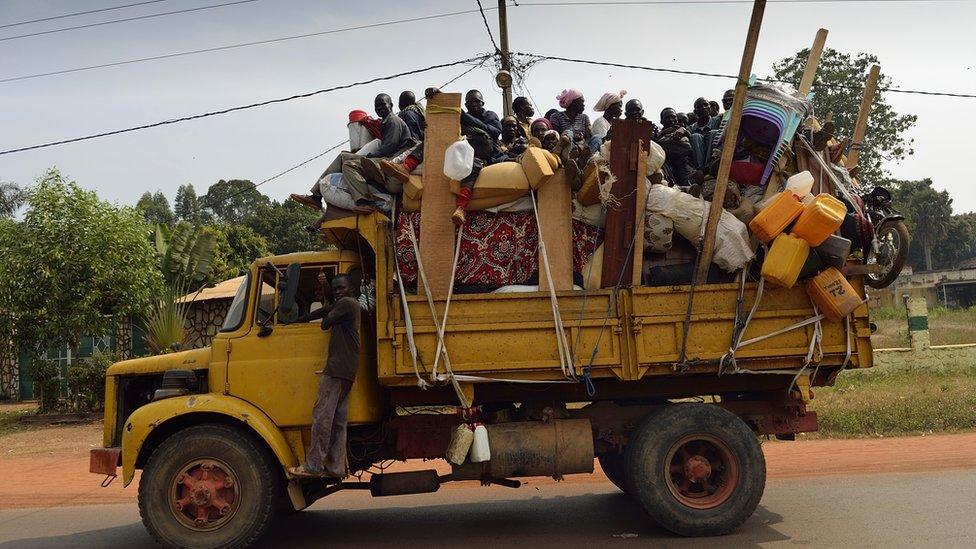
Muslims fled after Christian militia responded to the takeover of the Seleka coalition in 2013
Related topics
- Published9 March 2023
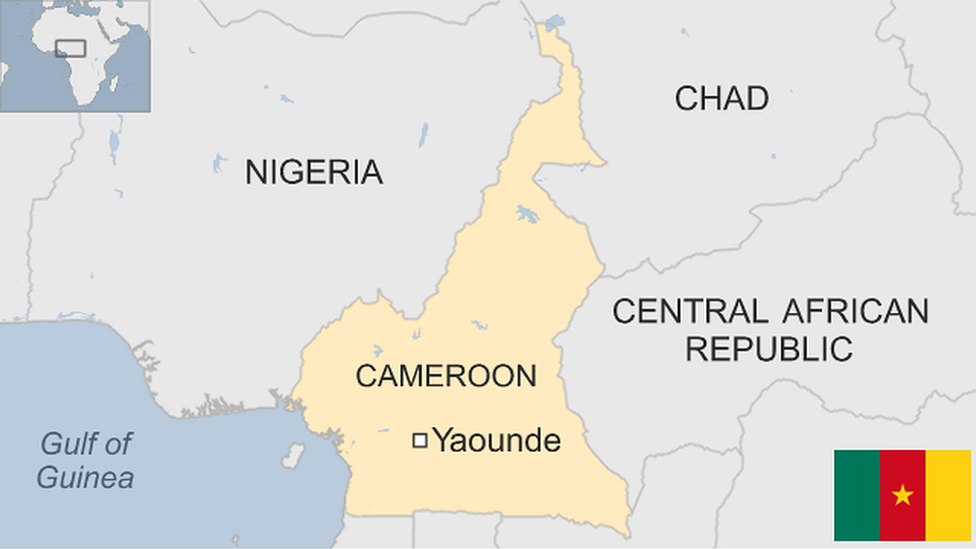
- Published9 July 2024
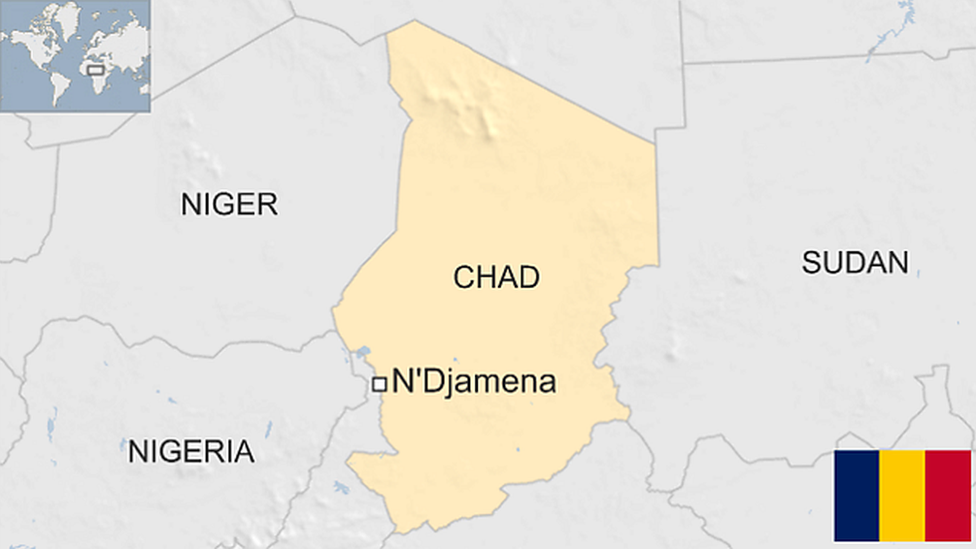
- Published13 September 2023
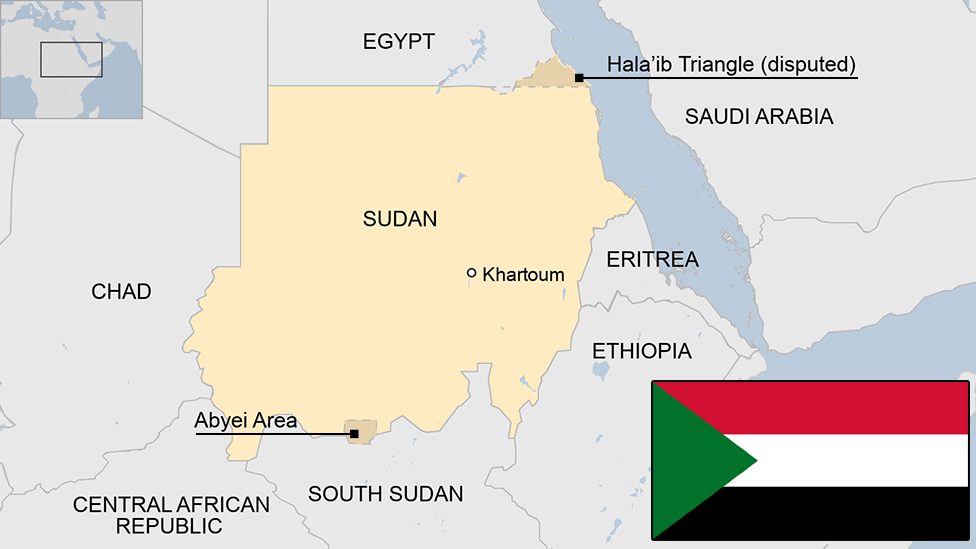
- Published18 April 2023
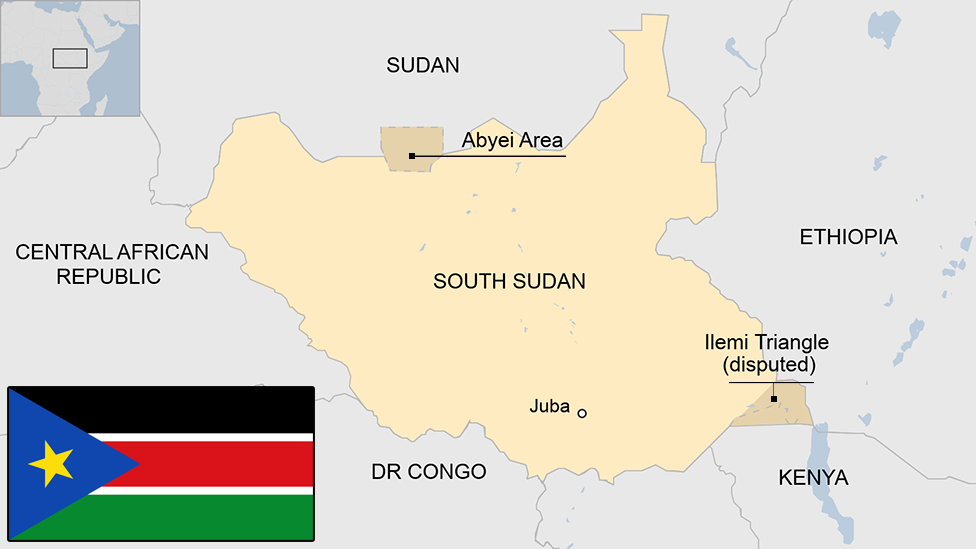
- Published31 January
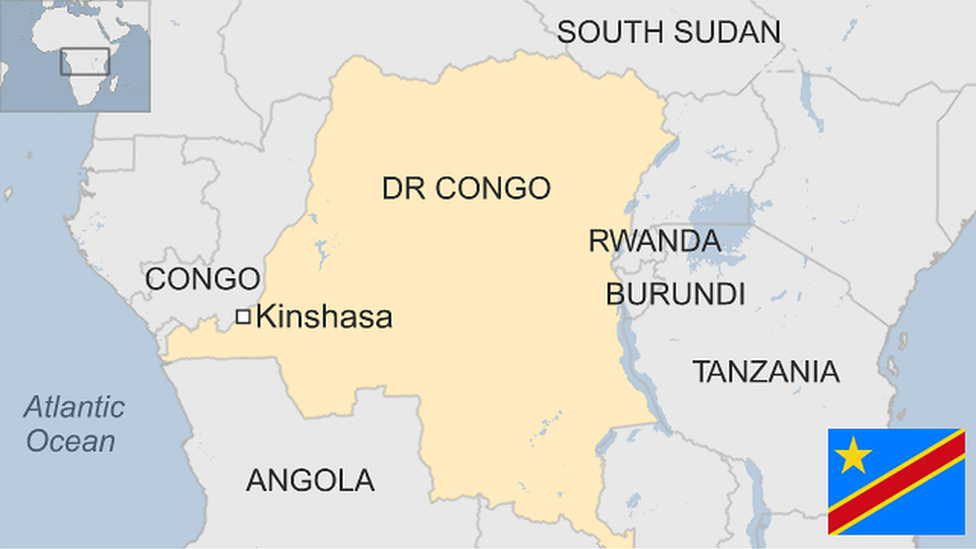
- Published11 April 2023
